IN THE NOW
FIRST- PARTY PROPERTY APPELLATE EDITION
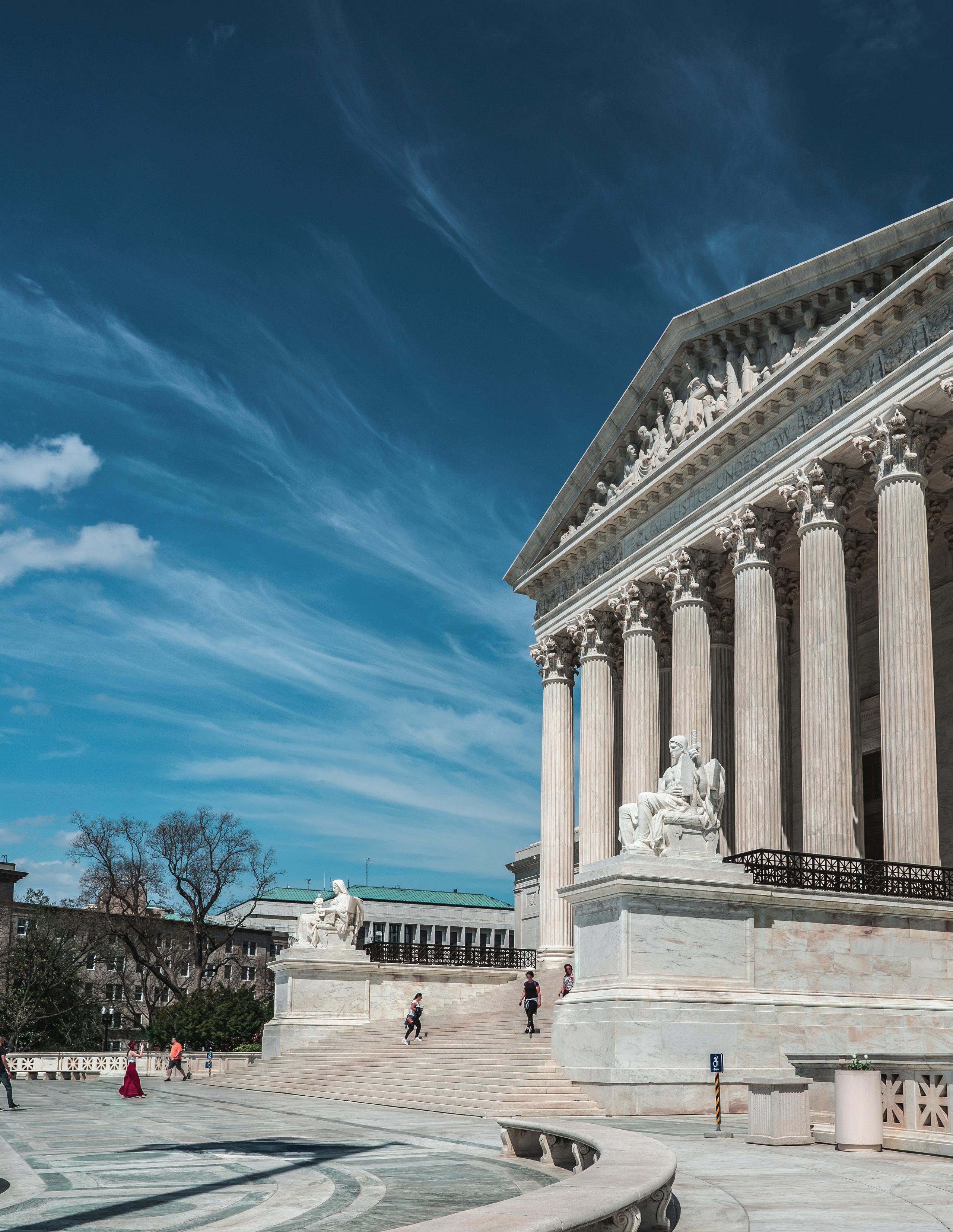
IN THIS ISSUE:
• Appraisal – Prejudgment Interest
• Attorney’s Fees – Notice of Intent To Litigate
• Directed Verdict – Water Loss Exclusion
• Bad Faith – Business Practice
• Limitations On Trade Secret Privilege
• Definitions
SEPTEMBER 2023
FIRST-PARTY PROPERTY APPELLATE TEAM
ADMISSIONS
Florida • Georgia • United States Court of Appeal, Eleventh Circuit
SELECTED OPINIONS
Kimberly J. Fernandes Partner Tallahassee | Atlanta
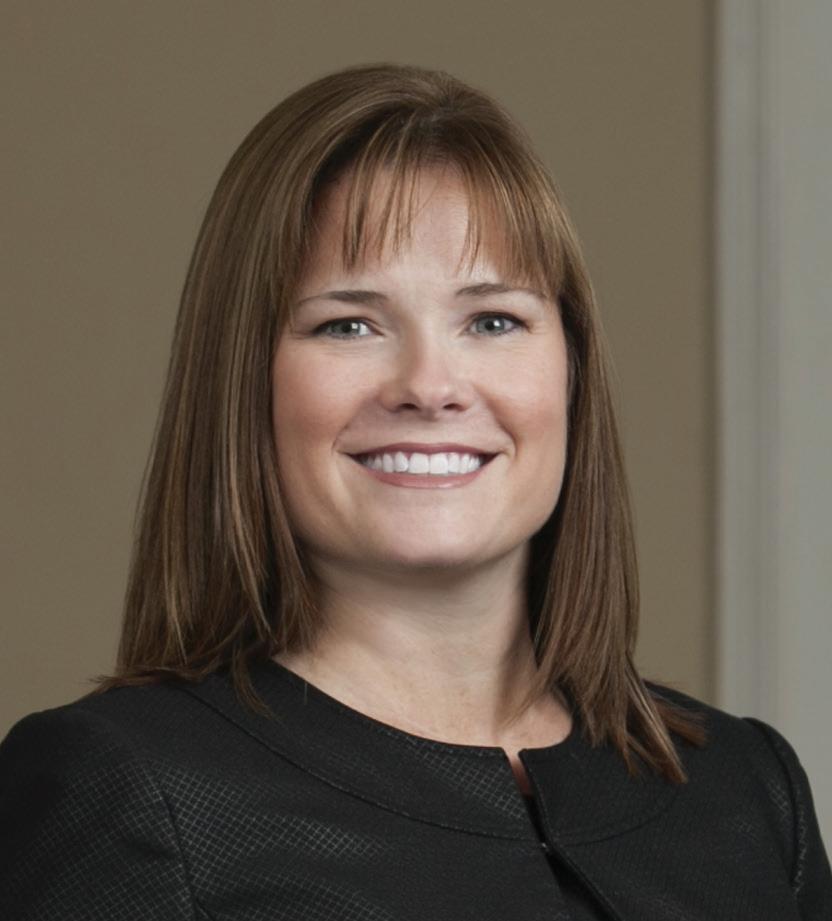
T: (850) 577-1301
kfernandes@kklaw.com
For any questions, please contact:
M. Wank Chair of First-Party Property and Insurance Coverage
Daniel Montgomery
Partner Jacksonville
T: (904) 549-7700
dmontgomery@kklaw.com
w Expert Inspections, LLC d/b/a ITest d/b/a Moldexpert.com a/a/o Pat Beckford v. United Property & Casualty Insurance Company, 333 So.3d 200 (Fla. 4th DCA 2022) (holding that an insurer cannot be required to follow the terms of an AOB contract where the insurer is not a party to that contract).
w The Kidwell Group, LLC d/b/a Air Quality Assessors of Florida a/a/o Maria Amadio v. Olympus Insurance Company, Case No. 5D21-2955 (Fla. 5th DCA July 22, 2022) (interpreting section 627.7152, F.S., as applying to AOB contracts executed after the enactment of the statute, finding the policy inception date irrelevant to the analysis).
w Saunders v. Florida Peninsula Insurance Company, 314 So.3d 592 (Fla. 3d DCA 2020) (interpreting the “faulty workmanship” policy exclusion to include the workmanship process as well as the finished product in affirming the insurer’s denial of a property damage claim).
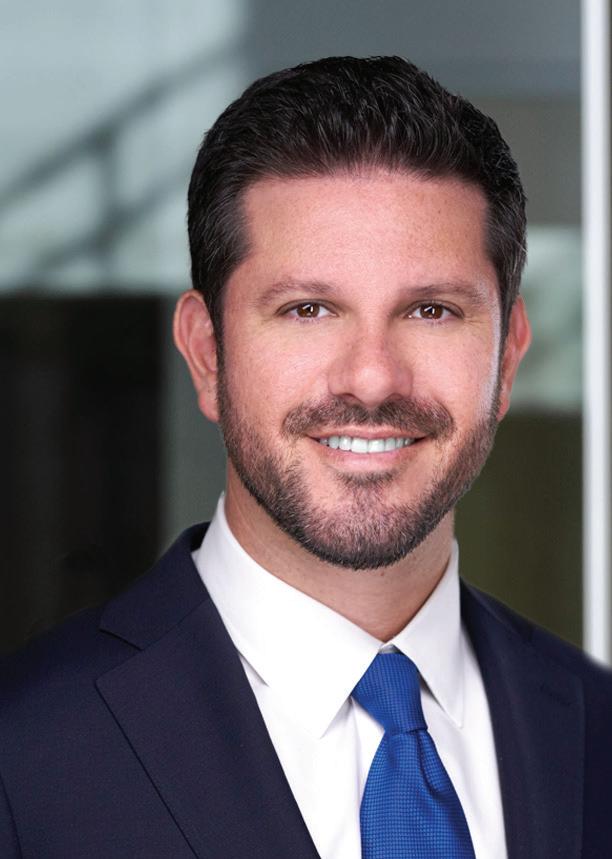
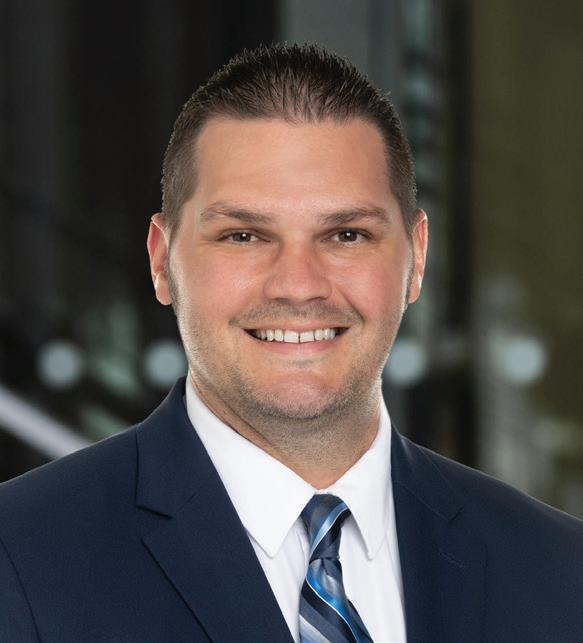
ADMISSIONS
Florida • U.S. District Court, Northern District of Florida • U.S. District Court, Middle District of Florida
SELECTED OPINIONS
w Progressive American Insurance Company v. Glassmetics, LLC, No. 2D21-488, 2022 WL 1592154 (Fla. 2d DCA 2022) (“we reverse the trial court’s order and its conclusions (1) that the appraisal provision was against the public policy underlying section 627.428; (2) that the appraisal provision failed to provide sufficient procedures and methodologies; (3) that Progressive waived its appraisal right; (4) that the appraisal provision was unenforceable because Progressive failed to prove that the insured knowingly, voluntarily, and intelligently waived his rights of access to courts, to a jury trial, and to due process; and (5) that the appraisal provision contains an ambiguity.”).
w All Auto Glass v. Progressive American Ins. Co., Case No. 2018-SC-3126, 2019-33-AP (Fla. Seminole Cnty. Appellate Division.) (“reversing trial court, holding ruling of district court of appeal in jurisdiction other than where trial court is located is binding upon trial court absent conflict with another district court of appeal. )
w Progressive Am. Ins. Co. v Broward Ins. Recovery Ctr., LLC, 322 So. 3d 103 (Fla. 4th DCA 2021) (“reversing trial court, holding prohibitive cost doctrine inapplicable to appraisal”).
Jeffrey
w The Kidwell Group, LLC d/b/a Air Quality Assessors of Florida a/a/o Benjamin Kivovitz, Case No. 4D21 2843 (Fla. 4th DCA June 15, 2022) (enforcing the new section 627.7152, F.S., requirement of including a line-item estimate with an AOB contract at the time of execution) Fort Lauderdale T: (954) 370-9970 jwank@kklaw.com
Appraisal – Prejudgment Interest CITIZENS PROPERTY INS. CORP. v. AVILL JAMES, 3D22-595 (Aug. 9, 2023) . . . . . . . . . . . . 5 Attorney’s Fees – Notice of Intent To Litigate CITIZENS PROPERTY INS. CORP. v. MARIL VAZQUEZ and SARA ORDONEZ, No. 4D22-1611 (Aug. 2, 2023) 5 Directed Verdict – Water Loss Exclusion LEE FELDMAN v. CITIZENS PROPERTY INS. CORP., 4D22-865 (Aug. 30, 2023) . . . . . . . . . . . 6 Bad Faith – Business Practice SUSANNE COOK v. FLORIDA PENINSULA INS. CO., 5d22-2334 (Aug. 11, 2023) . . . . . . . . . . . 7 Limitations On Trade Secret Privilege PROGRESSIVE SELECT INS. CO. v. LLOYD’S OF SHELTON AUTO GLASS, LLC, 2D23-93 (July 12, 2023) . . . . . . . . . . . . . . . . . . . . . . . . . . . . . . . . . . . . . . . . . . . . . . . . 5 Definitions UNIVERSAL PROPERTY & CASUALTY INS. CO. v. JORGE O. GONZALEZ-PEREZ, 3D21-1899 (July 19, 2023)) . . . . . . . . . . . . . . . . . . . . . . . . . . . . . . . . . . . . . . . . . . . . . . . . 5 CONTENTS TABLE OF
Appraisal –Prejudgment Interest
CITIZENS PROPERTY INS. CORP. v. AVILL JAMES, 3D22-595 (Aug. 9, 2023)
KK TAKEAWAY:
The timely payment of an appraisal award does not trigger prejudgment interest where there is no denial of coverage.
BACKGROUND:
Four months after notice of a water loss, Citizens paid $27,776.33, what it determined to be the amount of loss. Insured sought $111,535.66. Citizens disagreed and did not issue further payment, resulting in the Insured filing a lawsuit. In response to the Complaint, Citizens invoked its right to appraisal to determine the amount of loss. The appraisal panel subsequently agreed on $59,919.27 as the amount of loss. Two days later, Citizens paid the amount and filed a stipulation that the Insured was entitled to attorney’s fees.
The Insured sought summary judgment on the award, including payment of prejudgment interest. The trial court found the Insured was entitled to prejudgment interest. In reversing

4 | IN THE NOW
this finding, the Third District Court of Appeals held that to trigger prejudgment interest, the Insured must show that Citizens denied the claim before admitting coverage. Disputes over the value of loss do not trigger the right to prejudgment interest.
Attorney’s Fees –Notice of Intent To Litigate

CITIZENS PROPERTY INS. CORP. v. MARIL VAZQUEZ and SARA ORDONEZ, No. 4D22-1611 (Aug. 2, 2023)
KK TAKEAWAY:
Payment of disputed amount of Notice of Intent to Litigate
BACKGROUND:
Citizens opened coverage for a water loss and issued payment for what it determined to be the amount of loss. Insured retained counsel and submitted a Notice of Intent to Litigate seeking $3,982.30 in damages and $3,500 for attorney’s fees and costs. Four days later, Citizens issued payment for the remaining balance of the $10,000 water loss policy limit.
acknowledging that in response to the Notice of Intent, Citizens paid the full disputed amount but did not pay the attorney fee demand. The trial court granted the motion for fees and costs.
The Fourth District Court of Appeals reversed the trial court, finding that the responsive payment to the Notice of Intent to Litigate did not trigger a statutory right to attorney’s fees. First, it was not a confession of judgment as the Insured had not filed a lawsuit yet, which is the prerequisite for the confession of judgment doctrine (i.e., insureds forced to sue to receive benefits).
Second, the Fourth District held that section 627.70152, Florida Statutes, does not create a separate and independent right to attorney’s fees. On the contrary, it is derivative of section 627.428, Florida Statutes. The Fourth District interpreted section 627.70152(2)(d), Florida Statutes, as a notice provision designed to alert a carrier of its possible exposure to “presuit” attorney’s fees if it rejects the offer.
Insured then filed a breach of contract action in which the basis for the breach was unclear. However, the Insured sought attorney’s fees pursuant to section 627.428, Florida Statutes. Insured filed a motion for attorney’s fees,
Directed Verdict – Water Loss Exclusion
LEE FELDMAN v. CITIZENS PROPERTY INS. CORP., 4D22-865 (Aug. 30, 2023)
KK TAKEAWAY:
Under an all-risk policy, the Insured is only required to show a loss occurred to the property during the policy.
KK TAKEAWAY:
Once he does so, the burden shifts to the carrier to demonstrate the loss was excluded.
KK TAKEAWAY:
Repeated water loss exclusion can only be used to challenge that the loss during the policy period was excluded.
BACKGROUND:
Insured discovered a portion of his ceiling fell in due to water damage to the ceiling. Citizens denied coverage under its policy exclusion for constant or repeated seepage. At trial, the Insured’s expert testified that a onetime, large water exposure occurred to the ceiling, causing the damage. Citizen’s expert testified that a long-term water leak caused the damage.
loss occurred within the policy period. The trial court denied the motion. Insured then moved for a special jury instruction:
If you find that [the insurer] sustains its burden of proving [the Insured’s] loss occurred as a result of constant seepage or leakage of water over a period of months prior to the reported date of loss, [the insured] is nonetheless entitled to recover for damages caused during the first 13 days of the constant or repeated seepage or leakage.
The trial court denied this request. The Fourth District affirmed the trial court as the policy contained limiting language for weeks, months, and years, not 14 days or more.
The jury was presented with two questions:
To prove his claim, [the insured] must prove by the greater weight of the evidence that a direct physical loss to his property occurred during the policy period in which the property had insurance coverage (May 11, 2016, through May 11, 2017).
The jury responded no to the above, not reaching the issue of:
If you find that [the insured] met his burden of proof, you shall consider [the insurer’s] defenses. [The insurer] has the burden of proving its defenses by the greater weight of the evidence.
At the close of evidence, the Insured moved for a directed verdict on whether a physical
6 | IN THE NOW
On [the insurer’s] first defense, [the insurer] asserts that [the insured] seeks damages that are not covered under the insurance policy because they were caused by the constant or repeated seepage or leakage of water, or the presence or condensation of humidity, moisture or vapor which occurred over a period of weeks, months, or years.

In review, the Fourth District Court of Appeal clarified that under an all-risk policy, the Insured only has a burden to show that a loss occurred during the policy period. For a directed verdict, there are two elements:
(1) there are no conflicts in the evidence or no different reasonable inferences that may be drawn from the evidence and;
(2) no view of the evidence, or inferences made therefrom, could support a verdict for the nonmoving party. In considering a motion for directed verdict, the court must evaluate the testimony in the light most favorable to the nonmoving party and every reasonable inference deduced from the evidence must be indulged in favor of the nonmoving party.
Here, there was no dispute between the parties that a loss occurred during the policy period. The dispute was the cause of the loss. Given such, both elements were met. The Fourth District reversed and remanded the case with instruction to issue a directed verdict regarding the Insured’s burden of proof with the remaining issue of whether the cause of loss was excluded to be determined by a jury.
| 7 IN THE NOW
Bad Faith – Business Practice
SUSANNE COOK v. FLORIDA PENINSULA INS. CO., 5d22-2334 (Aug. 11, 2023)
KK TAKEAWAY:
Proffer of more than one occasion of misconduct is sufficient to meet the burden to seek punitive damages as long as it makes a reasonable showing by the claimant of a reasonable basis for recovery of such damages.
KK TAKEAWAY:
Intentional misconduct requires a showing of actual knowledge. The proffer must only demonstrate reasonable inferences and sufficient circumstances to be pled. The competing mistake argument does not preclude amendment for a punitive damages claim.

BACKGROUND:
Insured sought leave to add a claim for punitive damages due to a bad-faith business practice. Insured proffered that on two other occasions, Florida Peninsula denied coverage and misrepresented policy language. Insured also presented a deposition transcript for another claim in which Florida Peninsula did not retain an engineer before denying coverage.
At the hearing, the trial court found that there must be a showing on three or more occasions to show a business practice. The trial court also relied upon the testimony that the erroneous policy reliance was a mistake and thus could not meet the standard of intentional misconduct.
The Fifth District Court of Appeals reversed on both grounds. First, the Fifth District acknowledged the trial court relied upon Howell-Demarest v. State Farm Mutual Automobile Ins. but procedurally distinguished the holding. 673 So. 2d 526 (Fla. 4th DCA). In Howell-Demarest, the trial court granted a directed verdict, compared to this instance
in which the trial court did not allow punitive damages amendment. The Fifth District expressly did not conflict with the Fourth District but held that the “3 is not enough rule” does not apply to motions for leave to amend to add a punitive claim.
Second, the Fifth District reversed the trial court’s finding that the misstatements were a mistake. Since there were facts that demonstrated on more than one occasion these misstatements were made and ratified by the company through coverage letters, at a minimum, there were reasonable inferences and sufficient circumstances to plead intentional misconduct.
Limitations On Trade Secret Privilege
PROGRESSIVE SELECT INS. CO. v. LLOYD’S OF SHELTON AUTO GLASS, LLC, 2D23-93 (July 12, 2023)
KK TAKEAWAY:
Although a record may be a trade secret, the trial court’s inquiry does not end there. The requesting party must show a reasonable necessity for the information, then the court must conduct a balancing test of the need for protection against the interest in confidentiality.
KK TAKEAWAY:
If the needs outweigh the interest in confidentiality, the trial court then decides what safeguards to use to protect the information, including confidentiality agreements.
BACKGROUND:
In a bad faith action, Lloyd’s alleged that Progressive systematically underpays insurance benefits by utilizing a secret pricing agreement with Safelite for deeply discounted rates. During discovery, Lloyd’s sought Progressive’s agreement with Safelite, to which Progressive filed a motion for protective order asserting trade secret. After the hearing, the trial court found that the agreement contained trade secrets, however, Lloyd’s had a reasonable need for the information that outweighed Progressive’s interest in confidentiality.
Specifically, the trial court found that the “agreement contains information central to one of the plaintiff’s claims.” While awaiting the trial court’s ruling on Progressive’s motion for a protective order, the parties entered into a confidentiality agreement in the event the trial court required disclosure. The trial court found the confidentiality agreement was sufficient to protect Progressive’s confidentiality interests.
Progressive then sought certiorari relief of the order requiring disclosure. The Second District Court of Appeals held that the order did not depart from the essential requirements of the law as the trial court utilized the proper threeparty analysis:
1) Determine whether the material contains trade secrets;
| 9 IN THE NOW
2) If it does, the trial court must ascertain whether the party seeking production can show a reasonable necessity for the requested information. Here the trial court must weigh the balance the need for production against the interest in confidentiality; and
3) If the court decides the need for production outweighs the interest in confidentiality, it must determine what safeguards to utilize to protect the information, such as a confidentiality agreement or other measures.
The Second District held the trial court properly conducted an in-camera inspection, determining the agreement contained trade secrets. The trial court then properly determined that the trade secret was a central issue to the case, was potentially admissible, and likely to lead to admissible evidence. Lastly, the trial court properly ensured sufficient safeguards through the confidentiality agreement between the parties.
Definitions
UNIVERSAL PROPERTY & CASUALTY INS. CO. v. JORGE O. GONZALEZ-PEREZ, 3D21-1899 (July 19, 2023)
KK TAKEAWAY:
Undefined terms in policy are given their plain and ordinary meaning.
KK TAKEAWAY:
Under the policy, vandalism provision is limited to the property where a party resides.
KK TAKEAWAY:
Party living at a separate property intending to return to residence does not meet residence requirements.
KK TAKEAWAY:
Provides a common definition for reside when undefined.
BACKGROUND:
Insureds filed a petition for declaratory relief seeking a determination that coverage applied for their loss. Insureds purchased the property in 2013 and moved in December 2014. Insureds rented the property while living at a rental home in Colorado for 1.5 years, then moved to Broward County in 2016. Insureds intended to return to the insured property in May 2017, when their rental lease ended. However, vandalism was discovered around May 16, 2017, before the Insureds returned to the property.
The policy provided vandalism coverage for the “residence premises” where you reside and which is shown as the “residence premises” in the declarations, and “a twofamily dwelling where you reside at least one of the family units and which is shown as the “residence premises” in the Declarations. However, the policy did not define reside. The Third District Court of Appeals relied upon its previous decision in Arguelles v. Citizens. Prop. Ins. Corp., to define reside. 278 So. 3d 108 (Fla. 3d DCA 2019). The Third
10 | IN THE NOW
District relied upon two commons definitions:
1) To live in a place permanently or for an extended period of time. Reside, The American Heritage Dictionary (5th Ed. 2019);

2) The act or fact of living in a given place for some time…the place where one actually lives. Black’s Law Dictionary (11th Ed. 2019).
These two definitions, coupled with the facts that the Insureds were not, and had not lived at the residence for some time before the loss, which were elicited at trial, were sufficient to entitle Universal to a directed verdict of no coverage. The Third District reversed the final judgment in favor of the Insureds and remanded for entry of a direct verdict in favor of Universal.
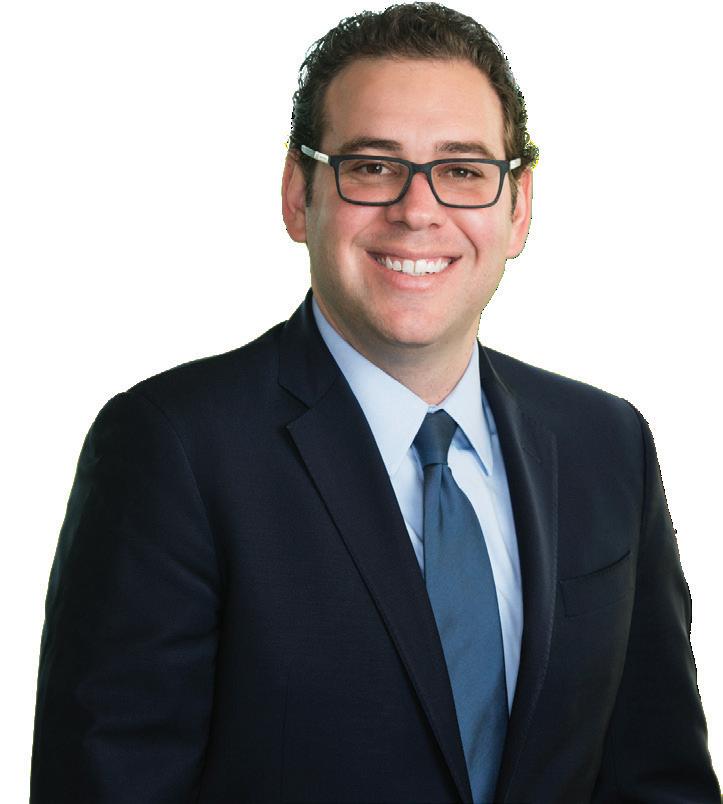


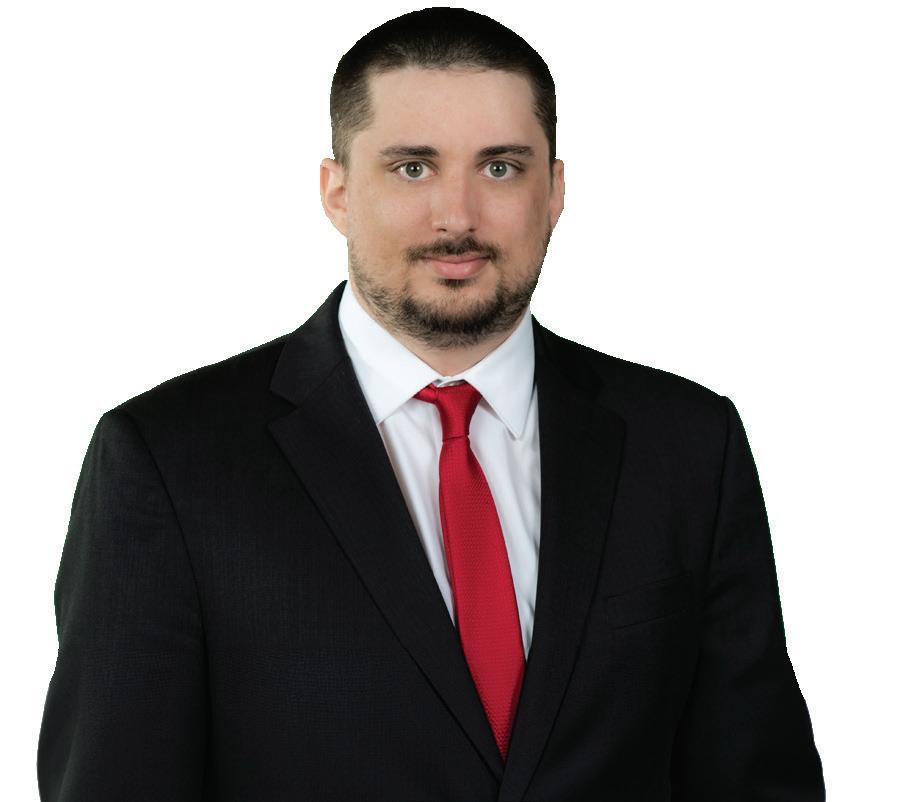

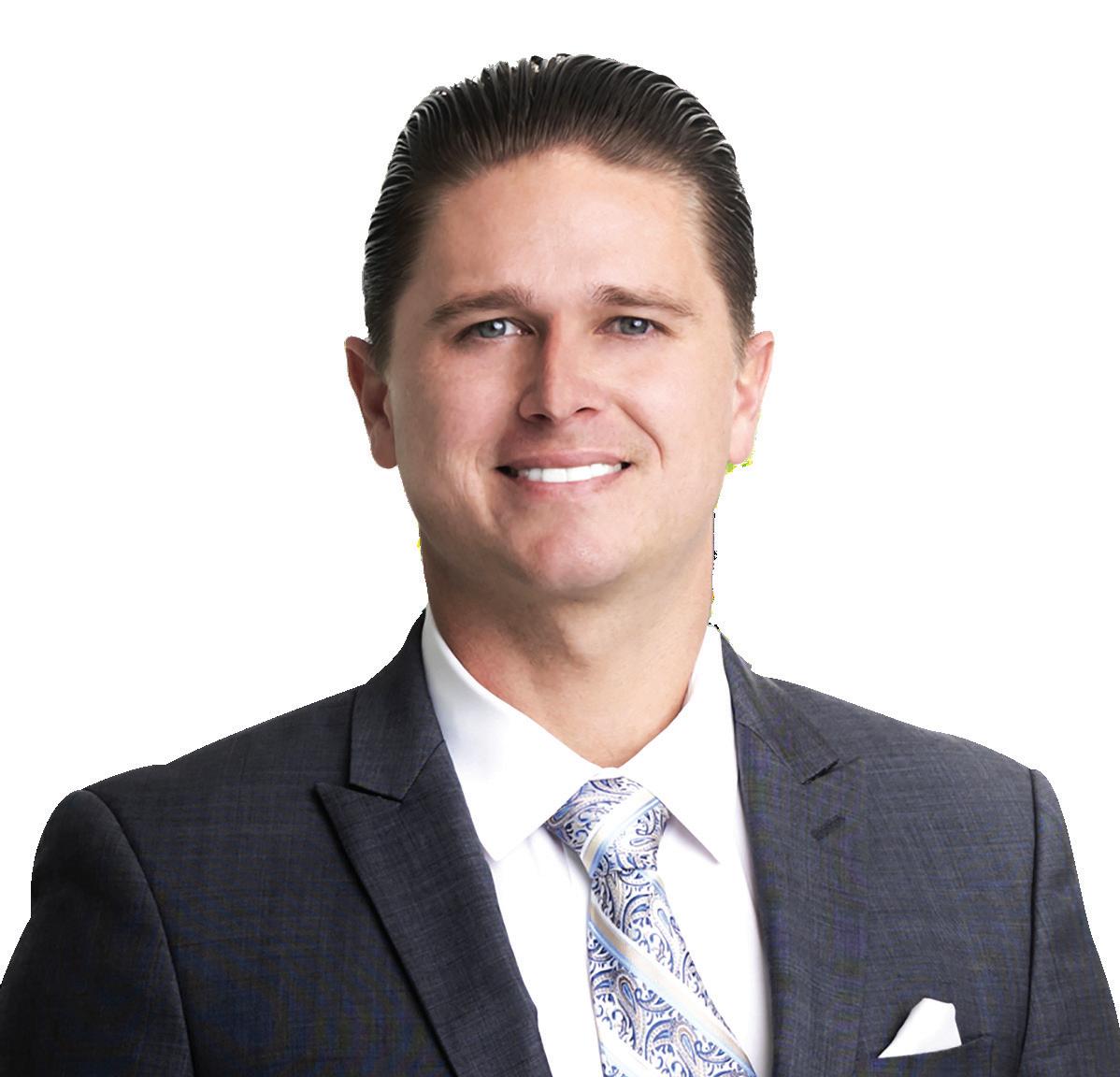
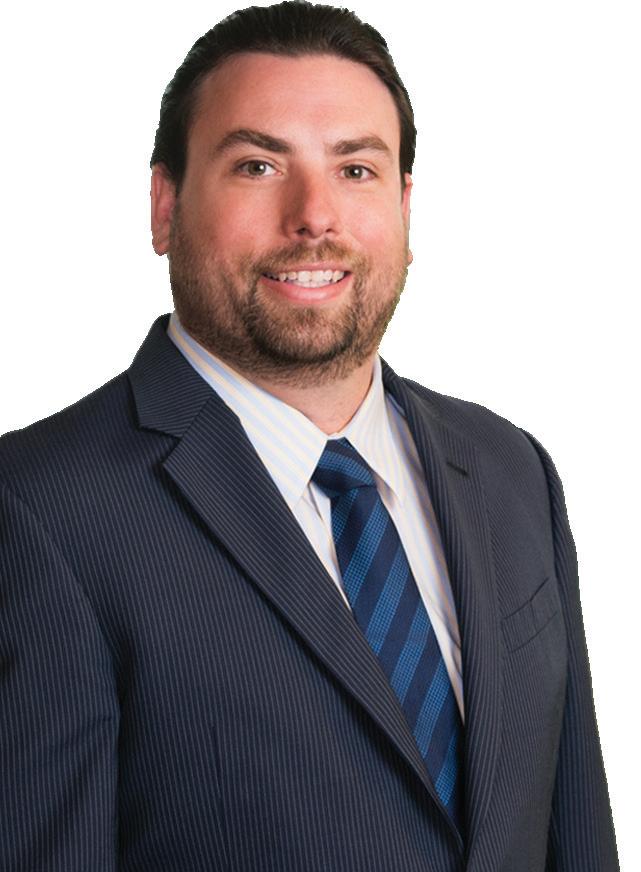
12 | IN THE NOW Kelley Kronenberg Receives Full Defense Verdict Following 3-Day Jury Trial
For additional successes in First-Party Property cases, please click here. Kelley Kronenberg Prevails on Summary Judgment and Defeats Underlying Breach of Contract Suit
CASE WINS NOTABLE
Jake D. Huxtable Partner
Charles M. Prior Partner
Alan H. Swindoll Partner
Read More Read More
Caey B. Mullin Partner
ACCOLADES AWARDS AND FIRM AWARDS


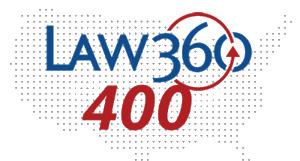
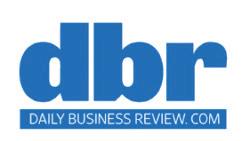



Kelley Kronenberg has been the recipient of numerous awards and honors both firm-wide and for a number of our practices, including individual accolades. Below is a select list of recognition and awards:
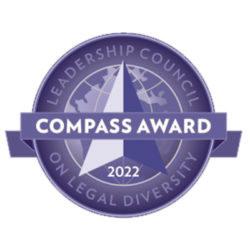
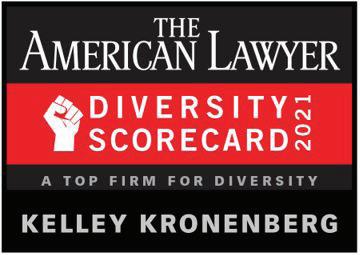









| 13 IN THE NOW
2021 – 2023 Top Workplaces USA Energage 2020 – 2023 Top Workplaces Sun Sentinel 2022 Best Places To Work New Orleans CityBusiness 2019 – 2023 Best Law Firms U.S. News - Best Lawyers 2021 – 2022 Top Places To Work Ragan Communications 2019, 2021 – 2022 Women In Law Scorecard The National Law Journal 2017 – 2022 Biggest Law Firms in Florida Florida Trend 2016 – 2022 Largest Law Firms Tampa Bay Business Journal 2012 – 2022 NLJ 500 The National Law Journal 2020 – 2022 Business of the Year South Florida Business Journal 2011 – 2022 100 Largest Law Firms Daily Business Review 2017 – 2022 400 Largest Law Firms Law360 2016 – 2022 Largest Central Florida Law Firms Orlando Business Journal 2022 Best Midsize Law Firm To Work For Vault 2021 Diversity Team Award Profiles in Diversity Journal 2021 Diversity Scorecard The American Lawyer 2020 – 2022 Compass Award Leadership Council on Legal Diversity
CONTRIBUTORS

Jeffrey Wank is Chair of First-Party Property and Insurance Coverage focusing his practice on first-party property insurance Defense, including coverage and bad faith litigation. Jeffrey also handles the defense of a wide array of third-party insurance defense claims.
Jeffrey assists insurers in all aspects of coverage disputes, including responses to civil remedy notices of insurer violations, pre-suit investigations and coverage evaluations, declaratory judgment and bad faith litigation. He defends property insurers throughout Florida in first-party coverage matters, where many of the claims involve sinkhole, windstorm, fire, mold, theft and water losses.
In addition, Jeffrey serves as coverage and bad faith counsel in third-party actions, including monitoring the defense of litigation. As part of this role, he is often asked to draft detailed coverage opinions, reservation of rights letters, declinations, and prosecute declaratory relief actions.
Jeffrey also has experience in handling complex civil and commercial matters, including the defense of personal injury, premises liability, employment discrimination, medical malpractice, nursing home liability, homeowner and condominium association claims, and construction defect cases.
Jeffrey has been named a Florida Super Lawyer Rising Star since 2014. In 2011, he was elected to the Broward Bar Association Young Lawyers Section Board of Directors, where he served as Secretary on the organization’s Executive Board and moved up to President in June 2015. Jeffrey was also named the Chair on the Board of Directors of Legal Aid Service of Broward County & Coast to Coast Legal Aid of South Florida for the 2019 term and previously served as the Vice Chair for the 2018 term.
Jeffrey earned his Bachelor of Science in Political Science from Florida State University and went on to earn his Juris Doctor degree from Nova Southeastern University Shepard Broad Law Center.
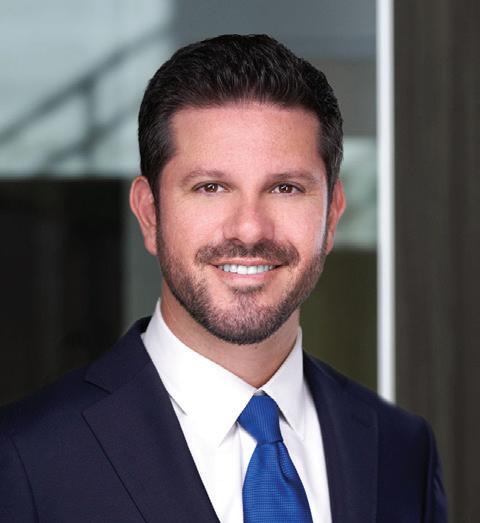
14 | IN THE NOW
MEET THE
Jeffrey M. Wank Chair of First-Party Property and Insurance Coverage
Email Jeffrey M. Wank
Daniel Montgomery is a Partner at Kelley Kronenberg where he assists in handling matters related to first-party property insurance defense. Daniel handles all aspects of first-party property defense, including coverage disputes, pre-suit investigations, fraud investigations, and CRN responses. Additionally, our clients frequently engage Daniel to assist with the development of claims processes and procedures. Daniel’s practice is also focused on the highly-specialized areas of first-party property appeals and auto glass defense.
Prior to joining Kelley Kronenberg, Daniel worked as an Associate Attorney with an Am Law 200 firm, focusing his practice on first-party auto coverage and litigation, general liability litigation, and appellate law. Daniel also practiced as an Assistant State Attorney for Florida’s Fourth Judicial Circuit, in Jacksonville, where he litigated a variety of criminal proceedings through trial and served as a liaison for UVISA Certifications.
Daniel received his Bachelor of Science degree in Criminal Justice, summa cum laude, with a Certificate of Crime Scene Investigation, from Colorado Technical University. He then went on to earn his Juris Doctor degree from Florida Coastal School of Law, graduating cum laude.
Since Law School, Daniel continued his education by obtaining a Master of Science, summa cum laude, from Florida State University, with a Certificate in U.S. Intelligence. Daniel acquired an additional LL.M. in Executive Litigation Management from Baylor Law School.
During Daniel’s career he has served on several committees and groups continually working to develop awareness, knowledge, and best practices in a variety of areas including mental health, utilizing technology to drive efficiencies, special investigations, and litigation management best practices.

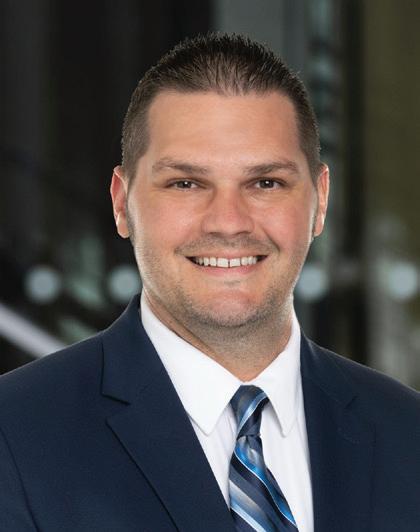
| 15 IN THE NOW
Daniel Montgomery Partner
Email Daniel Montgomery
A Firm Built on Relationships
KELLEY
KRONENBERG IS A MULTI-PRACTICE BUSINESS LAW FIRM.
with over the convenience of more than 400 15 200 Employees Attorneys Locations
Founded in 1980, the firm is one of the fastest-growing law firms in Florida and amongst the largest in the U.S. The firm serves all types and sizes of public and private companies, including small businesses and individuals nationwide.

| 17 IN THE NOW OFFICES OUR MIAMI NAPLES CHICAGO FORT LAUDERDALE TAMPA TALLAHASSEE NEW YORK NEW JERSEY ATLANTA NEW ORLEANS WEST PALM BEACH ORLANDO DAYTONA JACKSONVILLE INDIANA 15 OFFICES JACKSONVILLE 10245 Centurion Parkway N, Suite 300 Jacksonville, FL 32256 Phone: (954) 370-9970 DAYTONA 128 Orange Avenue, Unit 306 Daytona Beach, FL 32114 Phone: (754) 888-5437 TALLAHASSEE 6267 Old Water Road, Suite 202 Tallahassee, FL 32312 Phone: (850) 577-1301 BY APPOINTMENT ONLY WEST PALM BEACH 1475 Centrepark Blvd., Suite 275 West Palm Beach, FL 33401 Phone: (561) 684-5956 FORT LAUDERDALE 10360 W. State Road 84 Fort Lauderdale, FL 33324 Phone: (954) 370-9970 MIAMI 1111 Brickell Avenue, Suite 1900 Miami, FL 33131 Phone: (305) 503-0850 NEW JERSEY 51 John F. Kennedy Parkway First Floor West Short Hills, NJ 07078 Phone: (908) 403-8174 CHICAGO 20 N. Clark Street, Suite 1150 Chicago, IL 60602 Phone: (312) 216-8828 NEW ORLEANS 400 Poydras Street, Suite 2400 New Orleans, Louisiana 70130 Phone: (732) 547-7907 NEW YORK CITY 250 Park Avenue,7th Floor, Suite 7002 New York, NY 10177 Phone: (800) 484-4381 ATLANTA 1100 Peachtree Street NE, Suite 200 Atlanta, GA 30309 Phone: (404) 990-4972 ORLANDO 20 North Orange Avenue, Suite 704 Orlando, FL 32801 Phone: (407) 648-9450 TAMPA 1511 North Westshore Blvd., Suite 400 Tampa, FL 33607 Phone: (813) 223-1697 NAPLES 1570 Shadowlawn Drive Naples, FL 34104 Phone: (239) 990-6490 INDIANA 5164 E. 81st Avenue, Suite 109 Merrillville, IN 46410 Phone: (312) 479-5948
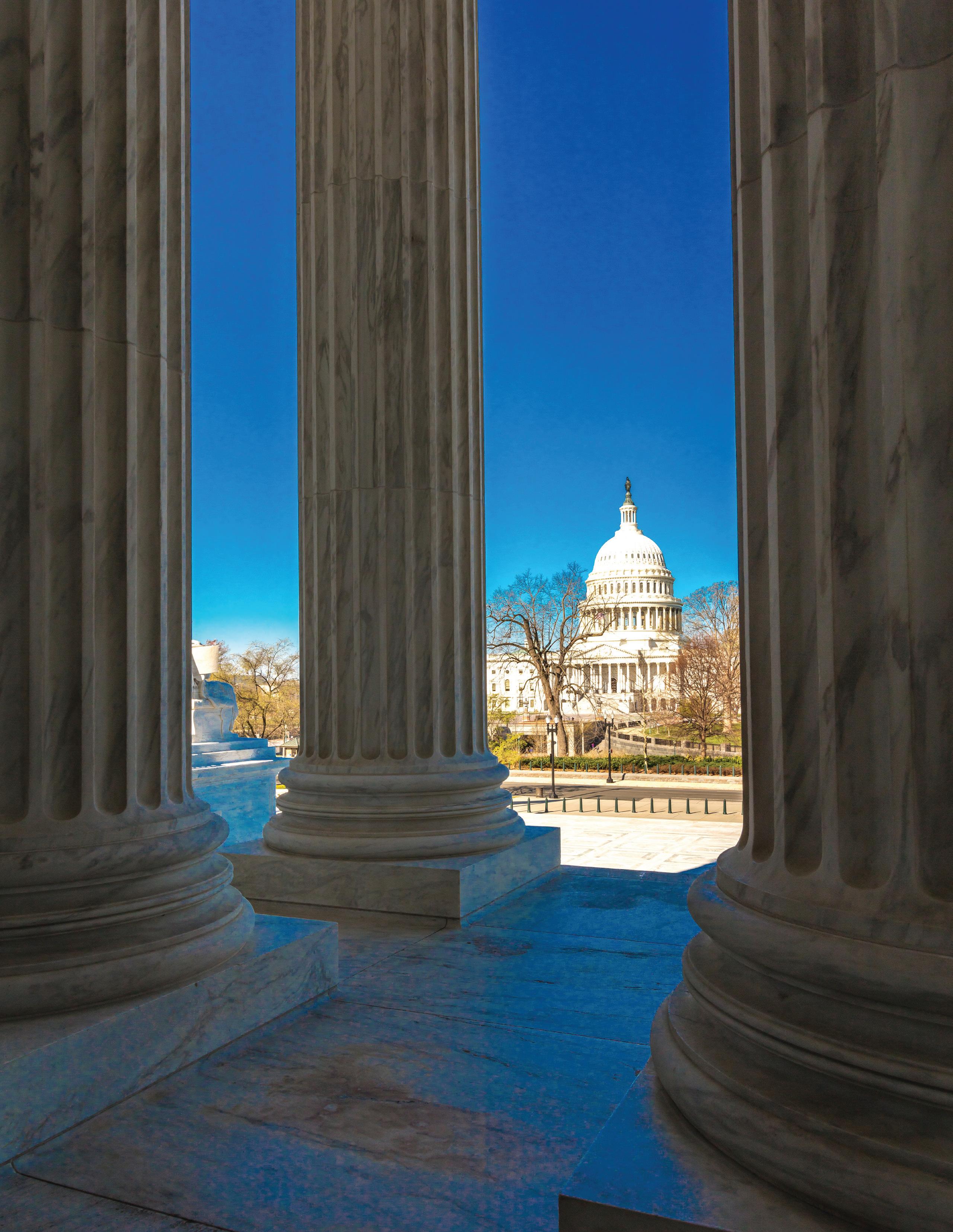
WWW.KKLAW.COM | 800.484.4381





































